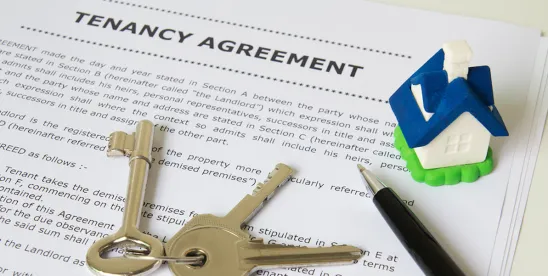The California State Legislature is considering Assembly Bill (AB) 2216, a measure introduced by Assembly member Matt Haney, that would force landlords to permit pets in residential rental properties. Specifically, the proposed legislation restricts a landlord from barring a tenant from owning or keeping a common household pet without valid justification. The bill also prevents landlords from charging tenants extra rent or security deposits for owning or keeping a common household pet. However, these restrictions do not apply to rental agreements signed before January 1, 2025.
AB 2216 reflects a broader tendency in California’s Legislature that increasingly favor tenant protections. The bill is premised on current statistics that suggest a notably low percentage of available pet-friendly rentals compared to market needs. Proponents of AB 2216 contend that it aligns with modern tenancy trends by addressing the need for pet-friendly housing. It could be argued, however, that AB 2216 undermines the autonomy landlords have traditionally exercised over their properties, including the ability to set terms that best suit their maintenance capabilities and business models.
While AB 2216 navigates its way through the legislative process, it is critical to consider and prepare for the impacts this bill might have on landlords’ duties and roles. Notably, landlords and property owners must consider the following potential impacts of AB 2216:
- Management and Operations: The prospect of AB 2216 requires landlords to potentially overhaul existing lease agreements and adapt day-to-day operational strategies to accommodate pets. Moreover, landlords will have to re-evaluate maintenance procedures to address increased wear and tear, adding to their operational burdens.
- Insurance Reassessments: Landlords will need to re-examine liability coverage, potentially increasing insurance coverage and therefore costs to safeguard against heightened risks brought on by animals on the premises.
- Tenant Selection and Relations: With pet ownership removed as a variable in tenant selection, landlords may face new challenges in maintaining harmonious communities, especially in multi-unit dwellings.
- Identifying “Common Household Pets”: The Legislature does not provide a comprehensive list of what constitutes a “common household pet.” While examples include dogs and cats, landlords will be required to make determinations on a case-by-case basis.
- Financial Implications: The cost of property modifications, potentially higher maintenance expenses, and legal costs to ensure compliance with the new bill and/or to combat new pet-related lawsuits.
If enacted, AB 2216 would have sweeping impacts on landlords, affecting their legal, financial, and operational structures. As such, advocates on both sides must find a balance between the needs and welfare of tenants with the rights and responsibilities of landlords.





 />i
/>i

